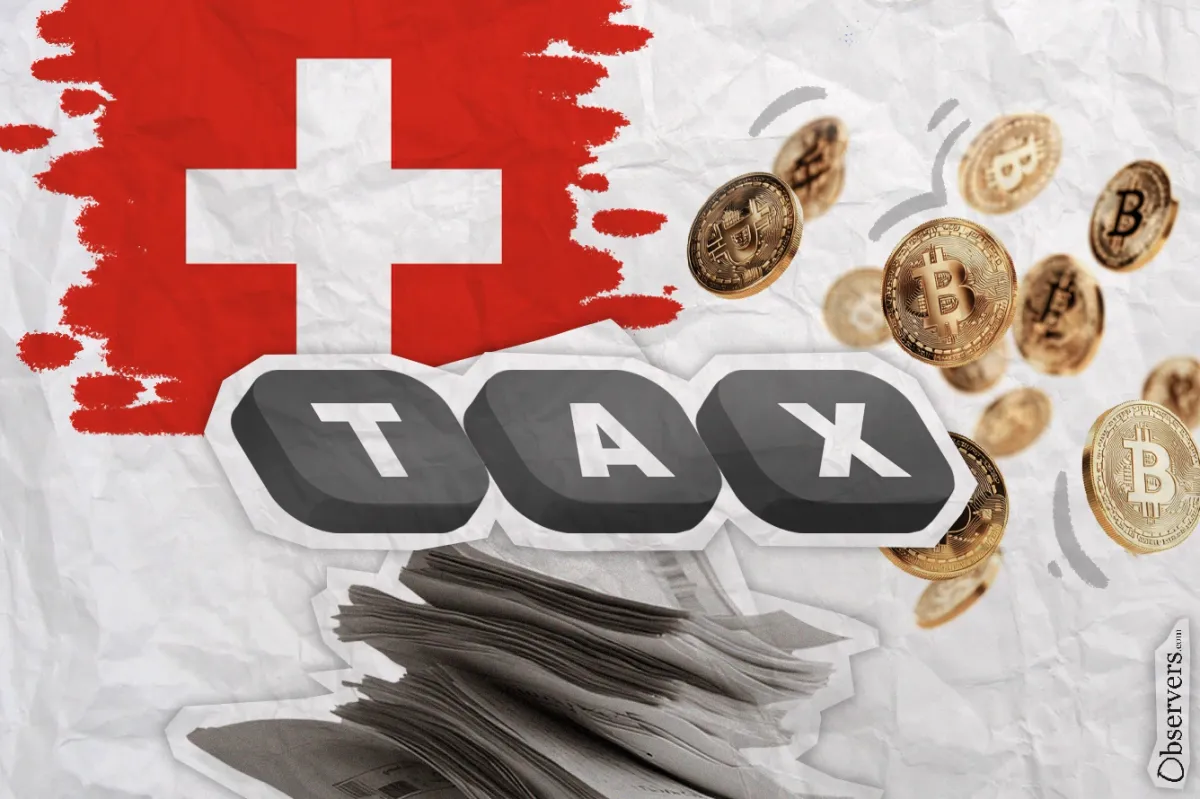
On June 6, 2025, the Swiss Federal Council adopted a dispatch approving the introduction of the international automatic exchange of information (AEOI) concerning cryptoassets with partner states. The agreement is scheduled to enter into force in 2026, with the first exchange of data occurring in 2027. However, the bill specifies that exchanges will only take place if the partner states express interest and meet the requirements of the Crypto-Asset Reporting Framework (CARF) developed by the Organisation for Economic Co-operation and Development (OECD).
Under the CRS, financial account information—such as bank balances, securities, interest, and dividends—is shared between jurisdictions. Until now, cryptoassets were outside the CRS scope, making disclosures dependent on voluntary reporting or manual requests. Switzerland now plans to apply CARF with 74 partner jurisdictions, including all EU member states, the United Kingdom, and most G20 countries. Notable exceptions include the United States, which relies on its FATCA framework, and Saudi Arabia, which has not adopted CARF.
No Secrecy in Banks, No Secrecy in Crypto
Switzerland, a founding member of the OECD, has historically faced scrutiny over banking secrecy. Since implementing CRS in 2017, it has repositioned itself as a leader in tax transparency. Adopting CARF early signals that Switzerland remains committed to evolving global standards, especially regarding digital assets. This is critical given the country’s role as a hub for international finance and private wealth—many clients of which are now expanding into crypto.
Swiss authorities are also determined to avoid turning crypto into a new “loophole” for undeclared wealth. Domestically, Switzerland maintains one of the most advanced legal and regulatory frameworks for digital assets. Its renowned “Crypto Valley” in Zug is home to over 700 blockchain firms, and the country has pioneered regulation around tokenized assets, stablecoins, and decentralized finance.
Under the new rules, Cryptoasset Service Providers (CASPs) in Switzerland—such as exchanges, brokers, custodians, and wallet providers—will be required to report data about clients who are tax residents in partner countries. This includes:
- Name, address, and taxpayer ID
- Type and quantity of cryptoassets
- Annual gross inflows and outflows
- Transfers between wallets
This data will be automatically exchanged with the relevant foreign tax authorities. In effect, if a foreign national uses a Swiss crypto service, that activity will be reported to their home tax authority—mirroring how traditional financial account information is already shared under CRS.
Crypto Taxation in Switzerland
Despite stricter reporting for foreigners, Switzerland maintains a favorable tax environment for residents. Crypto is treated as property and taxed primarily through wealth tax, while capital gains for private investors are tax-free.
Wealth tax rates typically range from 0.1% to 1%, depending on the canton. Private individuals who hold crypto without frequent trading or leverage are considered private investors, and their capital gains are not taxed federally—though they must declare holdings for wealth tax purposes.
In contrast, professional traders are taxed on their gains as ordinary income, with marginal rates up to 40%, depending on canton. Factors such as frequency, leverage, and holding periods determine professional status. Staking, DeFi lending, or other yield-generating activities may also be taxed as income. Corporate tax rates (federal + cantonal) for crypto businesses range from 12% to 18%.
Crypto mining is treated as self-employed income, taxed at individual rates. However, miners may deduct costs such as electricity, equipment depreciation, and facility use, reducing their taxable base.
Switzerland’s approach demonstrates how a country can support crypto innovation domestically while upholding international transparency standards. It offers favorable, predictable tax treatment for residents—while aligning with the OECD’s goal of preventing cross-border tax evasion through crypto.
In doing so, Switzerland positions itself not as a crypto tax haven, but as a compliant, attractive global leader in digital finance.

